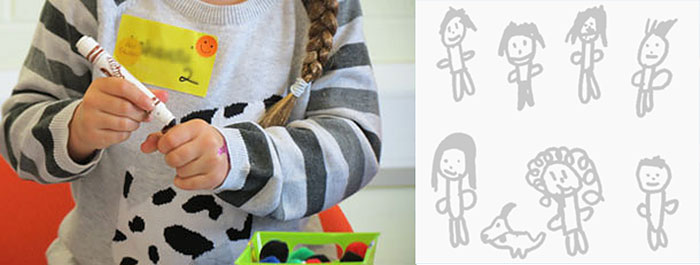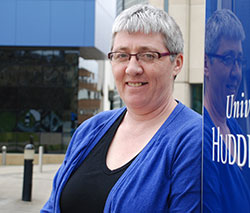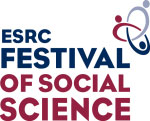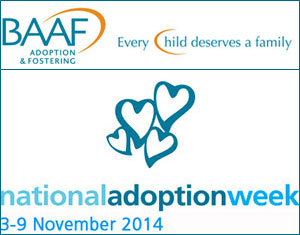Childhood adoption and its effects for the person as an adult
 Dr Woodiwiss has been awarded funding to carry out research on stories of adoption and she is also examining the attitudes to be found in self-help literature to the subject
Dr Woodiwiss has been awarded funding to carry out research on stories of adoption and she is also examining the attitudes to be found in self-help literature to the subject
Fri, 29 Aug 2014 12:14:00 BST
Dr Jo Woodiwiss focuses on childhood adoption experiences and the effect of those experiences later in adulthood
 ADOPTIONS have been running at record levels in the UK, with recent figures showing an annual rate of almost 4,000 – up by 15 per cent – while Government reforms have attempted to boost the process. Now a University of Huddersfield lecturer and researcher is investigating the long-term impact that adoption makes on individuals and she is co-organising a public event that will explore and discuss the issues.
ADOPTIONS have been running at record levels in the UK, with recent figures showing an annual rate of almost 4,000 – up by 15 per cent – while Government reforms have attempted to boost the process. Now a University of Huddersfield lecturer and researcher is investigating the long-term impact that adoption makes on individuals and she is co-organising a public event that will explore and discuss the issues.
Dr Jo Woodiwiss (pictured) is a Senior Lecturer in Sociology at the University and she has recently been elected co-convenor of the British Sociological Association’s study group dealing with families and relationships. This gives her scope to organise special events, such as the adoption conference that will take place at the University at the start of November, coinciding with National Adoption Week (pictured below).
 The event, organised in tandem with her University of Huddersfield colleague Dr Kate Wood – a lecturer in social work – will also form part of the Festival of Social Science organised by the Economic and Social Research Council, which has provided funding.
The event, organised in tandem with her University of Huddersfield colleague Dr Kate Wood – a lecturer in social work – will also form part of the Festival of Social Science organised by the Economic and Social Research Council, which has provided funding.
Dr Woodiwiss explained that her research focuses on childhood experiences and – in particular – the effect of those experiences on adulthood. This makes her work distinctive.
“I am looking at childhood retrospectively and from a sociological rather than psychological perspective,” she said. “A lot of people examine adoption and childhood from the perspective of the actual time of childhood, but I tend to look back at experiences such as adoption, family breakdown or divorce to see the effect they have on adulthood and the kind of stories that we are able to tell about them.”
Stories of adoption
Dr Woodiwiss has been awarded funding to carry out research on stories of adoption and she is also examining the attitudes to be found in self-help literature to the subject.
 “We tend to have a view of adoption that it is in some way lacking, or that it leads to inauthentic family life. Adopted children are often seen as having been traumatised by the experience or that something is missing in their lives. A lot of the self-help literature is very much focussed on that aspect,” she said.
“We tend to have a view of adoption that it is in some way lacking, or that it leads to inauthentic family life. Adopted children are often seen as having been traumatised by the experience or that something is missing in their lives. A lot of the self-help literature is very much focussed on that aspect,” she said.
However, Dr Woodiwiss takes a more positive stance and believes that the widespread view that children are damaged by adoption should be revised. Her future research plans include an appraisal of how social work students understand adoption and she also aims to conduct interviews with adults who were adopted as children.
Dr Woodiwiss’s interest in the investigation of childhood experience from the vantage point of adulthood is central to her most recent article, in the journal Sexualities. It draws on research that explores women’s narratives of childhood sexual abuse and explores the implications for both child and adult victims.
Dr Woodiwiss – who is the author of the book Contesting Stories of Childhood Sexual Abuse – was elected co-convenor of the British Sociological Association’s families and relationships study group at this year’s annual conference of the association. She holds the post for three years, in tandem with Kathryn Almack, of the University of Nottingham. Dr Woodiwiss has been a BSA member since 1999 and has served on the editorial board of its journal.







